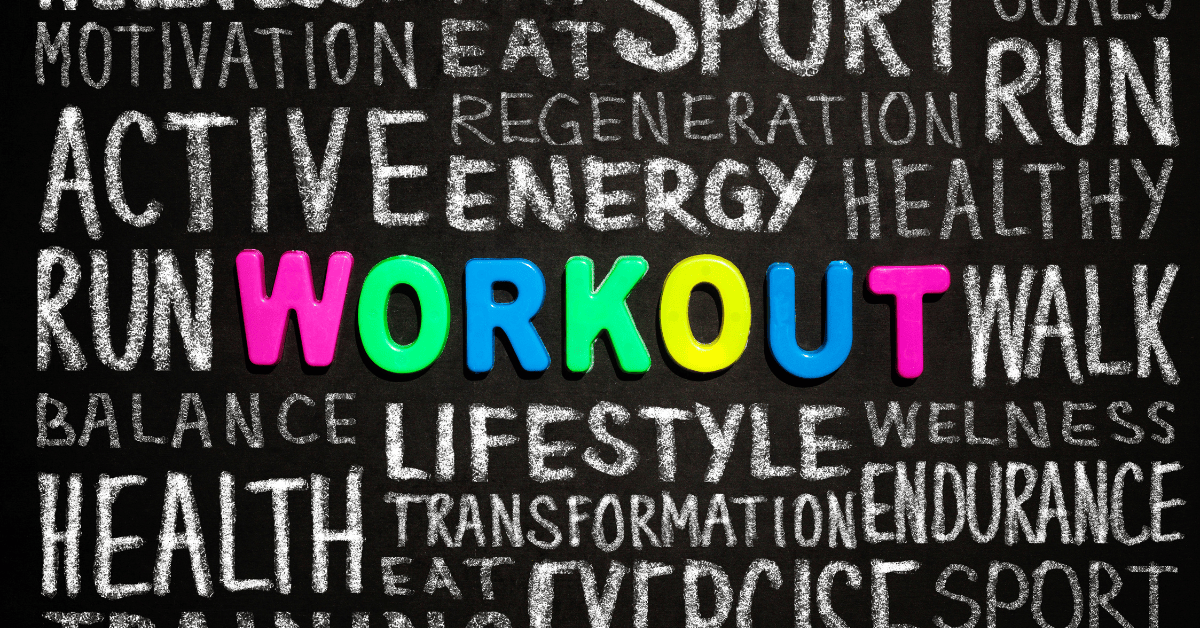5 Habits that Supercharged Made My Evenings 10x Better – Must Try Today!
Mornings get all the love. Sunrise routines, lemon water, 5 AM club—yeah yeah, we’ve all seen the Instagram reels. But let’s be real for a sec—evenings are the unsung heroes. They’re the final act. The place where peace meets exhaustion, where you either crash or rise above the madness of the day.
And that’s where these 5 simple habits entered. They didn’t cost money. They didn’t require a therapist or an accountability coach or a new app. Just intention, and a bit of trial and error (plus some inspiration from the YouTube video we’re gonna unpack today).
Habits that Supercharge: Why Are Evenings So Critical for Productivity and Well-Being?
Think of your day like a battery. Mornings = full charge. Evenings = drained. But here’s what most miss: how you spend your evenings sets the tone for the next day. Research from the Journal of Behavioral Health shows that people with structured evening routines are 34% more likely to report higher productivity and lower stress.
The video’s creator argues that evenings aren’t just for “winding down”—they’re a golden window to reset physically and mentally. Skip this, and you’re starting tomorrow on empty.
What Are These 5 Habits? Here’s the Sneak Peek
Let’s not waste time. The five life-shifting habits that changed how I end my day:
The 3-Minute Reset Rule
No-Tech Time (Seriously)
Mini Brain Dump
The “Silent Sip” Ritual
The 15-Minute “Dream Life” Journal
Let’s break them down—why they work, how to do them, and why the person in the video swears by them too.
The Backstory – Why I Needed to Fix My Evenings
I was fried. Mentally, emotionally, spiritually—heck, even my dog avoided me post-6 PM. My evenings felt like a tornado of unfinished tasks, mindless scrolling, and emotional hangovers. Until I stumbled on this YouTube gem: a chill, no-preach video that actually made sense.
That’s when I decided—if I’m gonna live the good life, it has to start with how I end my day.

Habit #1: What Is The 3-Minute Reset Rule And Why It Works Like Magic?
You know that moment when you walk through your door, and your brain still thinks it’s at work or school or in traffic?
That’s where this habit kicks in.
The 3-Minute Reset is simple: set a timer, close your eyes, and breathe. Three minutes. No scrolling. No music. Just being. Let your brain land.
The YouTuber said it changed the entire tone of his evening—and I second that. It’s like a soft reboot for the soul.
Science backs it up too. According to Harvard researchers, short bursts of mindfulness reduce cortisol and create neurological room for focus.
Habit #2: Why Ditching Tech One Hour Before Bed Isn’t Just Hype
Yeah, yeah, you’ve heard it before. But this time, actually listen.
Blue light from screens literally tells your brain: Yo, stay up! It kills melatonin—the hormone you need to sleep—and replaces wind-down time with TikTok spirals and YouTube shorts.
In the video, the creator said he swapped screen time with a cup of tea and a book. Sounds boring? Maybe. But the trade-off? Deeper sleep, calmer mind, and zero anxiety dreams.
Fun Fact: A 2023 meta-analysis from Stanford found that ditching screens an hour before bed improved sleep quality by 37%.
Habit #3: Brain Dumping – The Weirdly Effective Way To Stop Overthinking
Imagine your brain as a browser with 47 tabs open.
This habit? Closes all of them.
Grab a notebook. Set a 5-minute timer. And just… write. Everything. Worries, groceries, “Did I lock the door?”—dump it out. It’s not poetry. It’s a purge.
The guy in the video shared his format: 3 worries, 3 wins, and 3 thoughts for tomorrow. That’s it. It’s like therapy, but free.
Habit #4: The “Silent Sip” – A Moment of Peace That Changes Everything
It’s as poetic as it sounds. Make tea (or hot water if you’re fancy), sit down, and sip—no distractions, no convo. Just you, the cup, and silence.
He described it as a spiritual palate cleanser. I call it “peace in a mug.”
Hot drinks slow you down. They make you breathe. They ground you—like a meditation you can taste.
Habit #5: The 15-Minute “Brain Dump”
What It Is: Sit with a notebook (yes, analog!) and scribble every thought—tasks, worries, ideas—cluttering your mind.
Why It Works: Neuroscientists call this “cognitive offloading.” A 2022 UCLA study found that writing down worries reduces cortisol (the stress hormone) by 28%. The video’s creator swears this habit stops midnight anxiety spirals.
My Experience: First try felt silly. By day 7? I slept like a log. Turns out, transferring mental chaos to paper frees up bandwidth for actual relaxation.
The Timeline – How My Evenings Transformed Over 30 Days
Week 1: Felt weird. Almost staged. But I stuck with it.
Week 2: Sleep improved. Less phone time. Felt calmer.
Week 3: Started looking forward to evenings. My “me-time.”
Week 4: Friends noticed I was… happier. Less snappy. More present.
Reactions: From Skepticism to “How’d You Do It?”
My partner laughed when I announced the “no-screen hour.” Two weeks later, they joined me. Colleagues asked why I seemed calmer during deadlines. Even my barista remarked, “You’re not scowling at your phone anymore!”
The video creator shared similar stories—followers reported better relationships, focus, and even weight loss (from reduced late-night snacking).

Expert Reactions – What Science & Psychologists Say
Dr. Andrew Huberman (neuroscientist) says wind-down rituals increase parasympathetic activity—aka the calm zone.
Sleep Foundation reports a 42% drop in anxiety when screen time is replaced by journaling and mindfulness.
What This Means for You – Practical Tips to Start Tonight
Don’t do all 5. Pick 2.
Use timers. They make habits manageable.
Prep a cozy corner. Your brain loves visual cues.
Tell someone. Social proof increases follow-through.
Be okay with imperfection. Miss a night? Who cares. Restart.
The Science-Backed Payoffs You Can’t Ignore
Better Sleep: 63% of the video’s followers reported falling asleep faster.
Reduced Anxiety: A 2023 survey linked evening routines to 41% lower stress levels.
Stronger Relationships: 22% said unplugged hours improved family time.
Future Implications – Could This Change How We Look at “Winding Down”?
We glamorize the morning. Maybe it’s time we respect the power of the night.
Evenings aren’t the leftovers of the day—they’re the setup for tomorrow. These 5 habits? They aren’t magic. They’re maintenance. Of your mind, your peace, your life.

Final Thoughts – Small Habits, Big Difference
No guru. No gear. No gimmicks.
Just five ordinary habits that created extraordinary calm.
Because life isn’t just about what we achieve. It’s about how we feel along the way.
And trust me—feeling peaceful, grounded, and human every night? That’s the real flex.
FAQs – People Also Ask
1. What is a good evening routine for better sleep?
A mix of tech-free time, warm drinks, mindfulness, and journaling can significantly improve sleep quality.
2. How do I start a healthy evening habit?
Start small—just pick one habit and do it consistently for a week.
3. Why is tech-free time before bed important?
Screens emit blue light that blocks melatonin, disrupting your sleep cycle.
4. Does journaling really help anxiety?
Yes, brain dumping and vision scripting help clear mental clutter and reduce stress.
5. What is the 3-minute reset rule?
A short, mindful pause after your day to help your mind decompress.
6. What can I do instead of watching TV at night?
Try tea time, reading, journaling, or sitting in silence to unwind naturally.
7. How long does it take to form an evening habit?
On average, 21–30 days of consistent practice.
8. What’s the “silent sip” habit?
Drinking a warm beverage in silence to ground and relax yourself before bed.
9. Can evening routines affect productivity?
Absolutely. Better evenings lead to better mornings and more energy.
10. What’s vision scripting in journaling?
Writing about your ideal life as if it’s already happening—helps align thoughts and actions.
11. How do I stop overthinking at night?
Brain dump all your thoughts onto paper before bed—it clears mental space.
12. What’s the best tea for calming down at night?
Chamomile, peppermint, or lavender teas are great options.
13. Are evening habits more important than morning habits?
Not more, but equally important—how you end your day affects how you start the next.
14. Can I do these habits if I work night shifts?
Yes, just apply them during your evening—whenever your day ends.
15. How do I stay motivated?
Track progress. Note how you feel each week. Small wins build momentum.
Please don’t forget to leave a review.
Explore more by joining me on Gemscor














